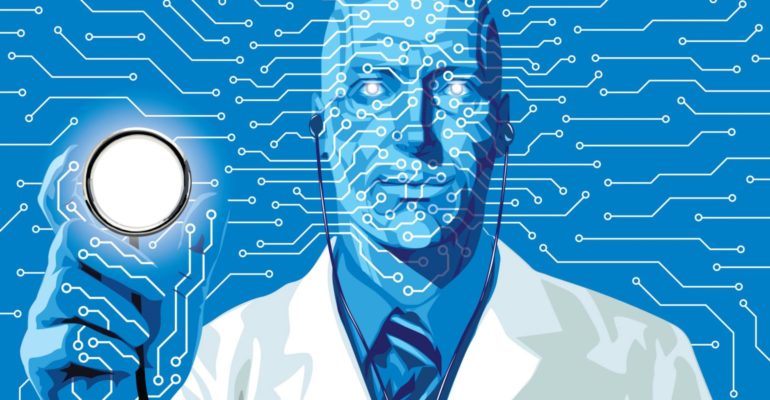The use of AI or Artificial Intelligence in healthcare has been increasing in the past decade. This is because it makes the process of assisting patients and doctors during times of need a lot easier. Most, if not all, hospitals in America have at least some form of AI that aids everyone in both primary and complex processes.
However, experts are voicing out their concerns regarding these AI and are saying that they might pose a serious ethical challenge. This has become so serious that experts are saying that these problems need to be addressed ASAP!
Why is this a problem, and why should we be alarmed by this sudden sense of urgency? Press onward and learn why AI and their bias into the diagnostic process is something we should be looking into.
AI Biases – The Slow Decay of an AI’s Performance
Don’t worry, AI aren’t plotting to take over the world (at least not anytime soon). As far as we know, the big problem that AI poses when it comes to healthcare is AI biases. Experts say that databases and algorithms may be the reason why AI begins to introduce bias into the diagnostic process. This makes the AI not work as intended, which causes a considerable risk of the AI not performing as intended or posing a potential for patient harm.
Bias can enter healthcare data in three forms — by humans, by design, and by usage.
Is the AI Underperforming?
Since the AI isn’t working as intended, the first question that comes to mind is if it’s underperforming and if it’s still reliable. The AI’s ability to improve and create diagnoses and precisely target the therapy needed are the main reasons why AI’s are even used. It’s also considered to be the boon of precision medicine and healthcare that is heavily personalized to get the best results.
The AI is technically still performing well by giving a quick diagnosis, but the accuracy is the biggest issue here. There’s currently no measure of an indication to know if a result is biased or not. Even the extent of the bias can’t be seen.
Thus, we need to explain the dataset that the diagnosis was derived from. We need to know how accurate we can expect them to be and what they mean. This is how we find out the difference between a seven, nine, and a five.
This means that in terms of speed and function, the AI isn’t underperforming. But if we base it on the accuracy of the results, then some problems can be seen.
Could This Lead to AI’s Harming Patients?
Legal authorities say that machine learning could lead to the machine’s decision-making put patients at risk. If you consider that the computer algorithm that AI’s use is based on limited data sources and questionable methods, this could make AI look bad. Despite how useful AI is, this sparks discourse as some people may say that this could lead to inadequate treatment.
People are also asking the credibility of these AI’s. The biggest question being—How can AI provide accurate medical insights for people when their information is limited in the first place?
Conceding and Acknowledging Healthcare Differences
Despite all this, we can’t just discredit the amount of good that AI can give to the medical scene. Even Stanford researchers acknowledge that these AI can benefit patients. However, this doesn’t mean that they are without fault. This means that medical practitioners have to be careful about knowing the data that AI’s provide.
Ultimately, artificial intelligence is a useful addition to the healthcare community but should still be looked at and improved by developers. Their role in healthcare diagnostics may not be fully known yet, but people who are considering the implementation of AI have to be careful. Awareness of potential biases in the data collection process is a must-have when working with AI.

